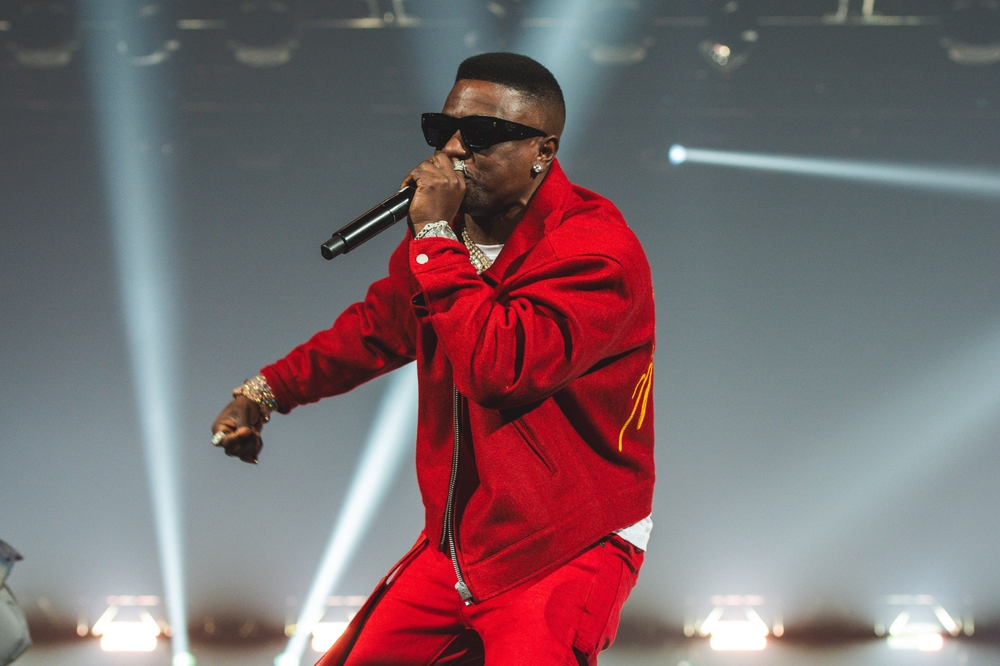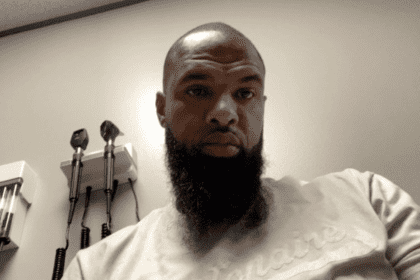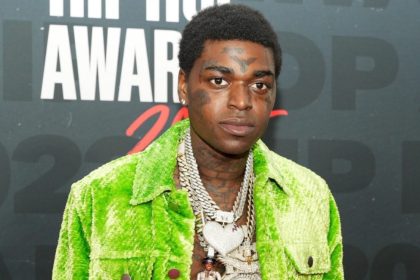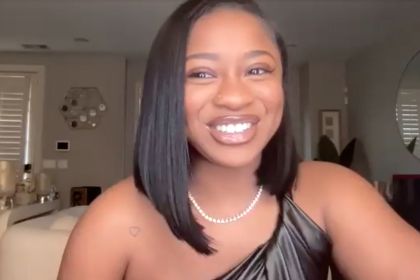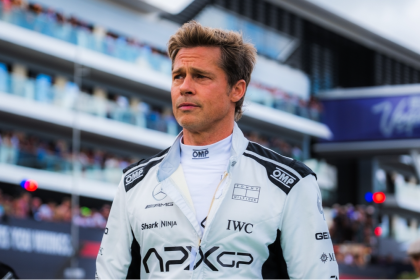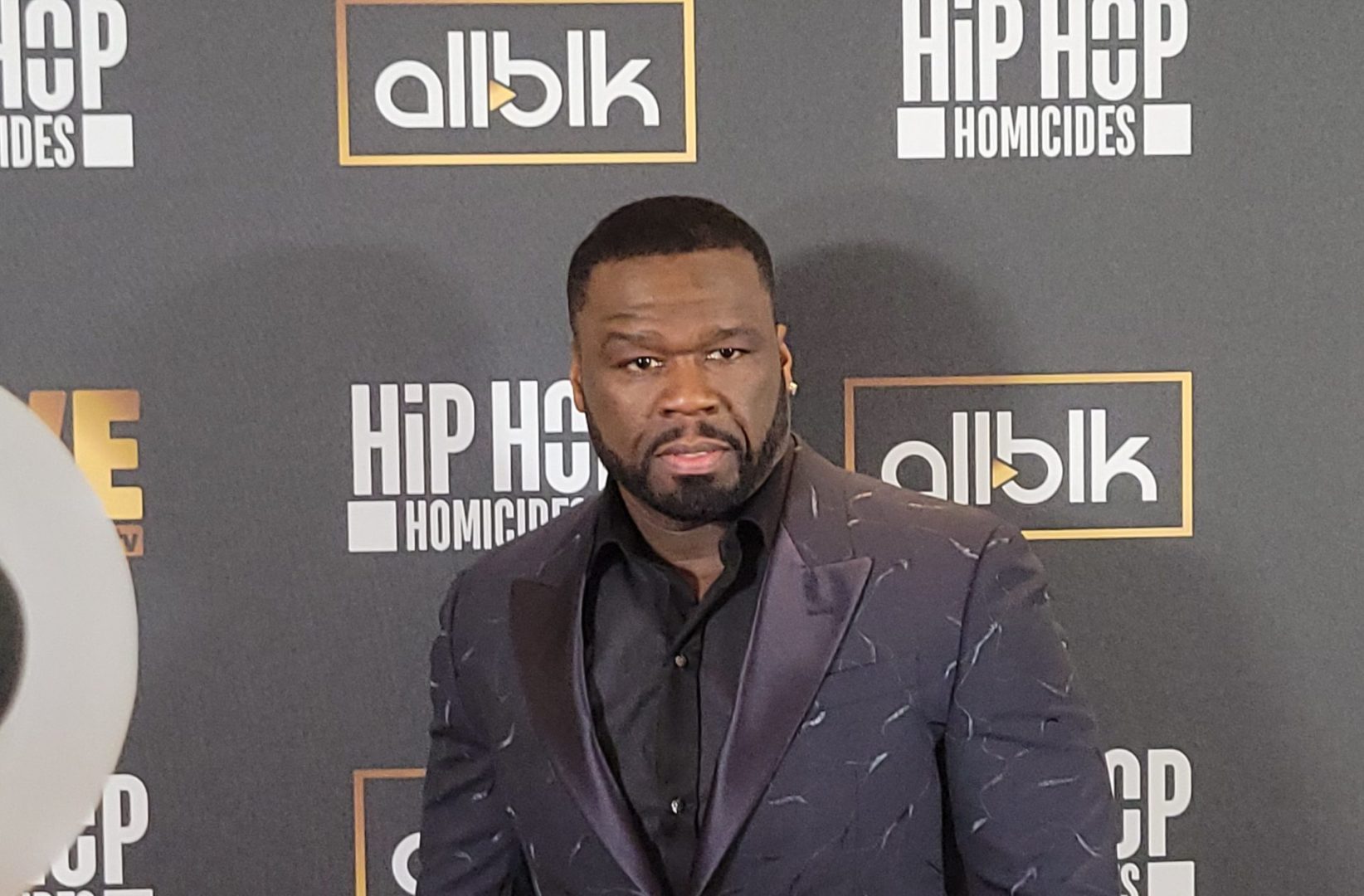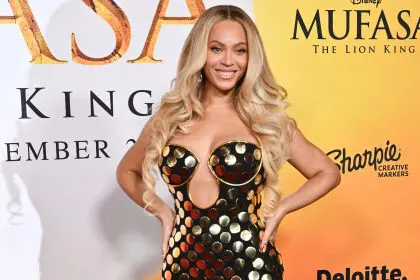The hip-hop landscape has witnessed a significant shift as Drake, one of its most influential figures, faces mounting criticism from artists he previously supported. This development has sparked a passionate defense from rapper Boosie Badazz, who has emerged as an unexpected ally in this industry conflict. The situation highlights the complex dynamics of loyalty and reciprocity within the music business, particularly when success and competition intersect. The ripple effects of this conflict have extended beyond the immediate parties involved, prompting discussions about the nature of artist relationships and the unspoken rules of industry support.
Grammy defeats and public scrutiny
The tension reached a crescendo in February when Drake experienced a series of professional setbacks. The most notable was Kendrick Lamar’s sweep of five Grammy Awards for Not Like Us, a track widely interpreted as a critique of Drake. The impact of this loss was amplified by Lamar’s high-profile performance at the Super Bowl Halftime Show, marking a challenging period in Drake’s career trajectory. Industry observers noted that this moment represented more than just a competitive achievement – it symbolized a shifting power dynamic within hip-hop’s upper echelons. The performance, watched by millions worldwide, served as a public display of the growing divide between Drake and his former collaborators.
The voice of solidarity
Boosie Badazz‘s intervention in this situation came through social media, where he addressed the apparent ingratitude of artists who had benefited from Drake’s support. His commentary specifically targeted the silence of successful artists like Kendrick Lamar and Future, whose careers received significant boosts through collaborations with Drake. Boosie emphasized that Drake’s contributions to other artists’ success stories were substantial and measurable, making their current silence particularly noteworthy. The rapper’s statements resonated with many industry insiders who had witnessed Drake’s role in elevating numerous careers through strategic features and collaborations.
Strategic shift in collaborations
In response to these industry dynamics, Drake has implemented a more selective approach to his musical partnerships. His recent work with artists like Camila Cabello and Chino Pacas represents a strategic pivot away from mainstream hip-hop collaborations. This shift became particularly evident in an interaction with DJ Khaled, where Drake’s subtle dismissal of a potential collaboration led to the producer’s swift retraction of his album announcement. Industry analysts have noted that this new approach reflects a broader strategy to maintain artistic integrity while protecting his brand from potential exploitation. The careful curation of collaborations suggests a mature understanding of the industry’s competitive landscape and the importance of authentic artistic partnerships.
Evolution of artistic expression
Drake‘s adaptation to these challenges extends beyond his choice of collaborators. Recent performances have featured modified lyrics in his established tracks, suggesting a broader transformation in his artistic approach. This evolution, supported by figures like Boosie Badazz, indicates Drake’s resilience and ability to navigate industry challenges while maintaining his creative integrity. The modifications to his live performances demonstrate a willingness to engage with current narratives while staying true to his artistic vision. These changes have been met with enthusiasm from fans who appreciate the dynamic nature of his artistry.
Impact on industry relationships
The ongoing situation has sparked discussions about the nature of loyalty in hip-hop, particularly regarding the obligations between established artists and those they help promote. Drake’s experience serves as a case study in the complexities of maintaining professional relationships in an industry where competition and collaboration often intersect. The ripple effects of this situation have influenced how newer artists approach collaborations and industry relationships, with many taking note of the importance of maintaining genuine connections over opportunistic partnerships. This shift in perspective could potentially reshape how future generations of artists navigate their professional relationships within the hip-hop community.

